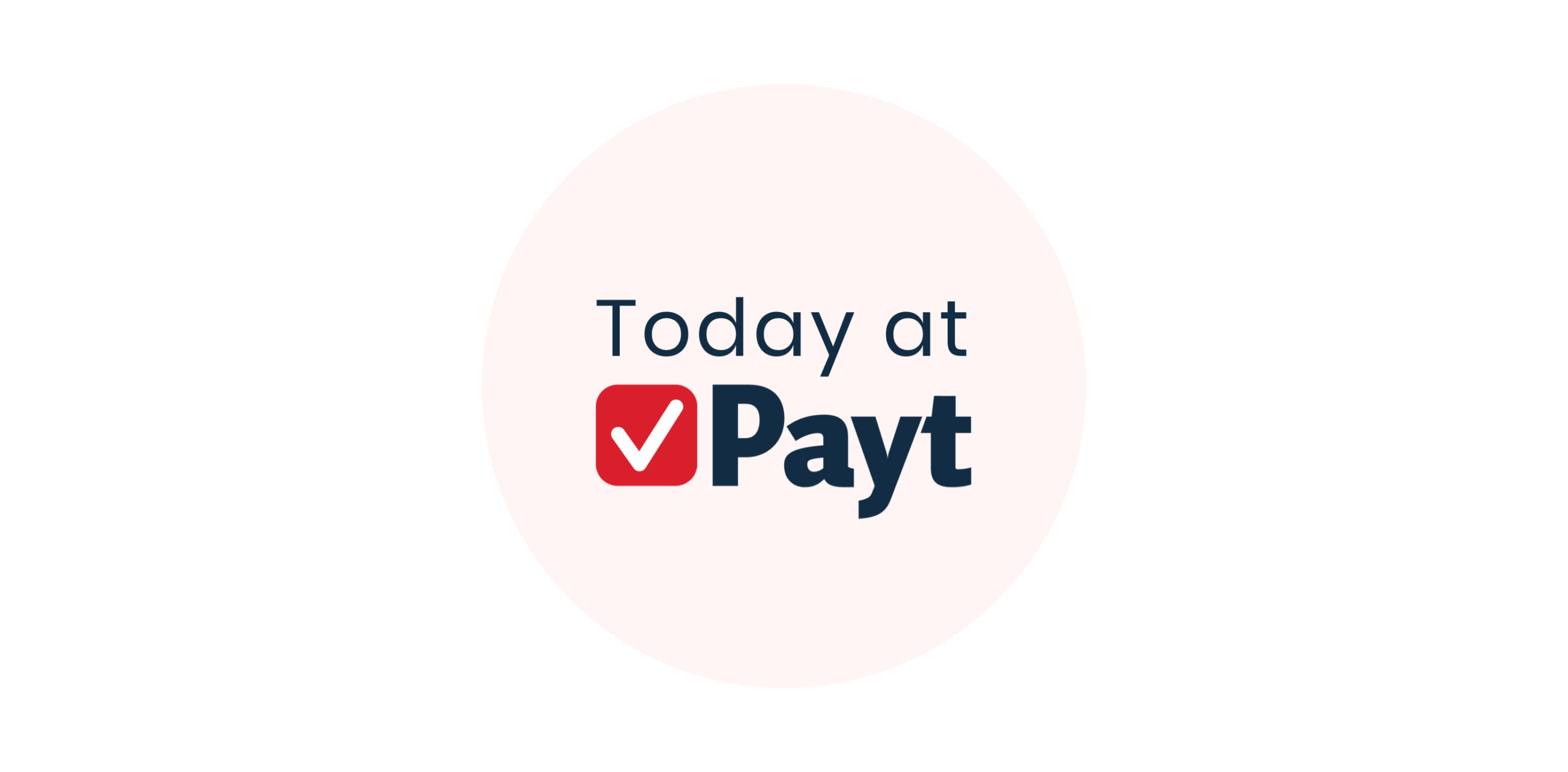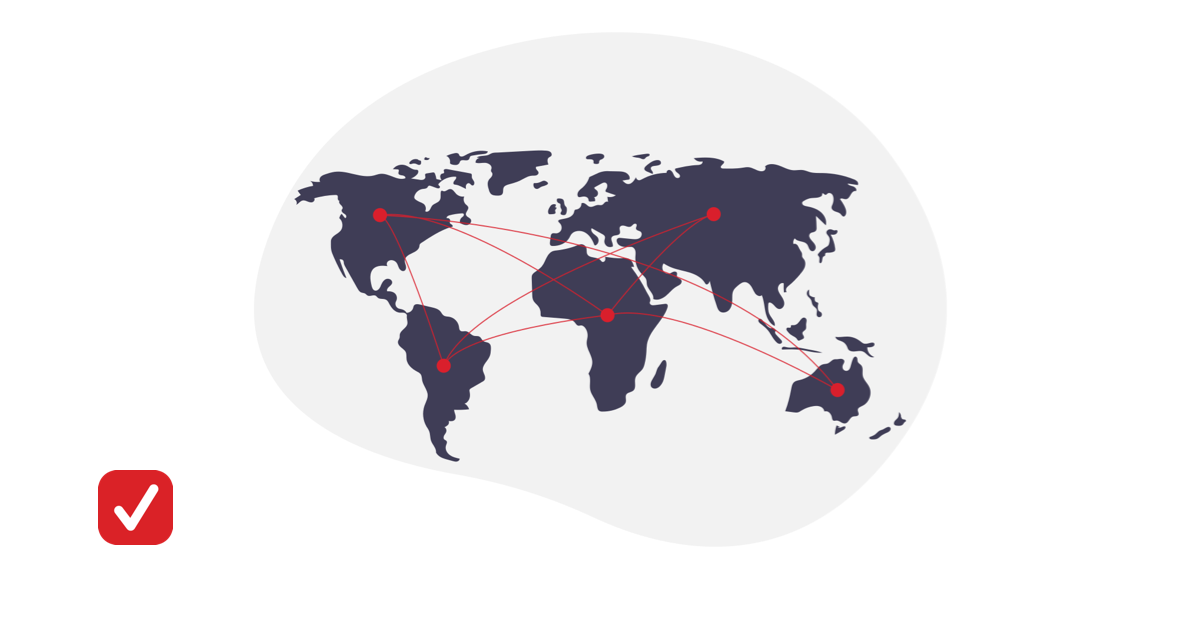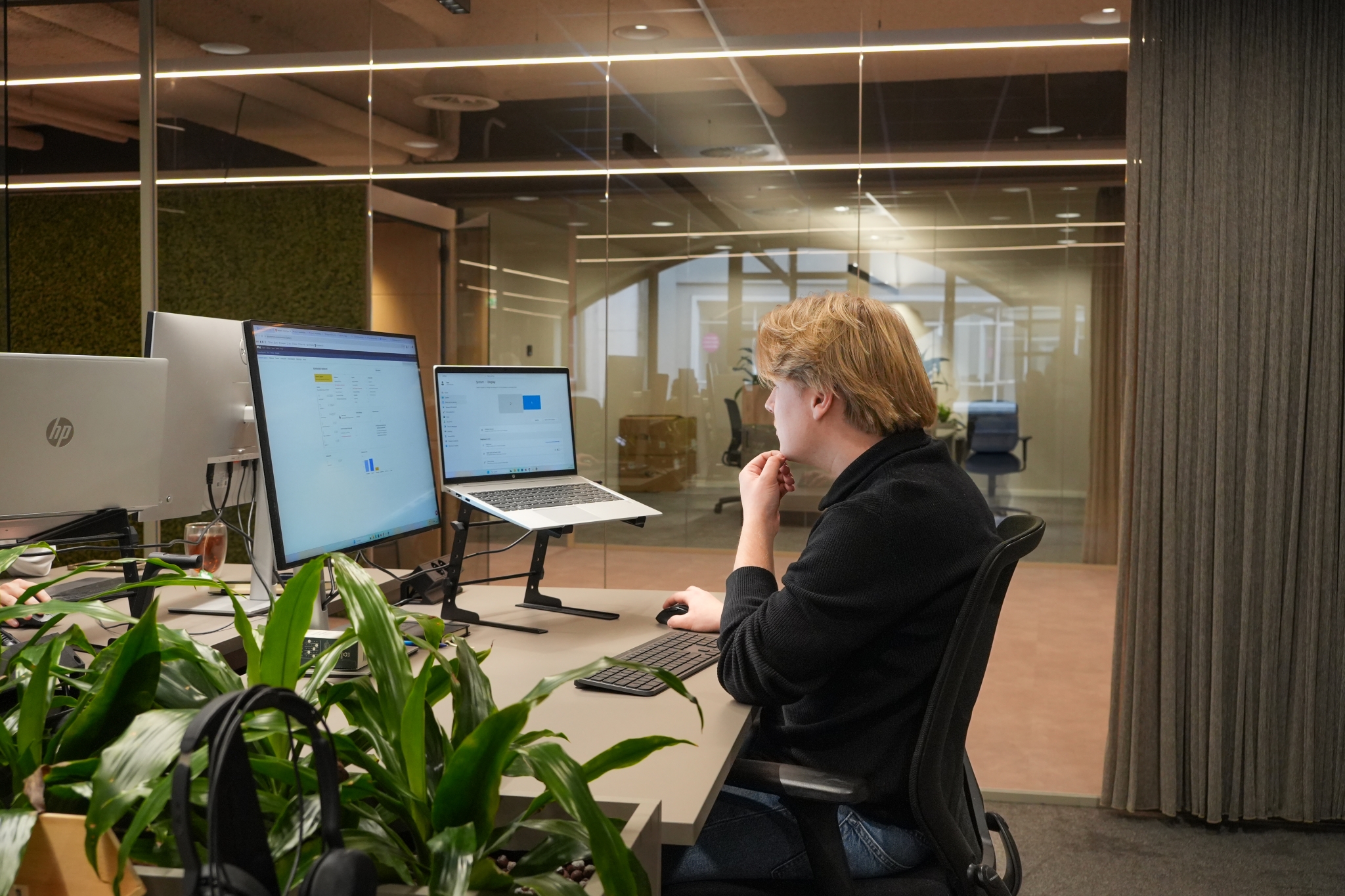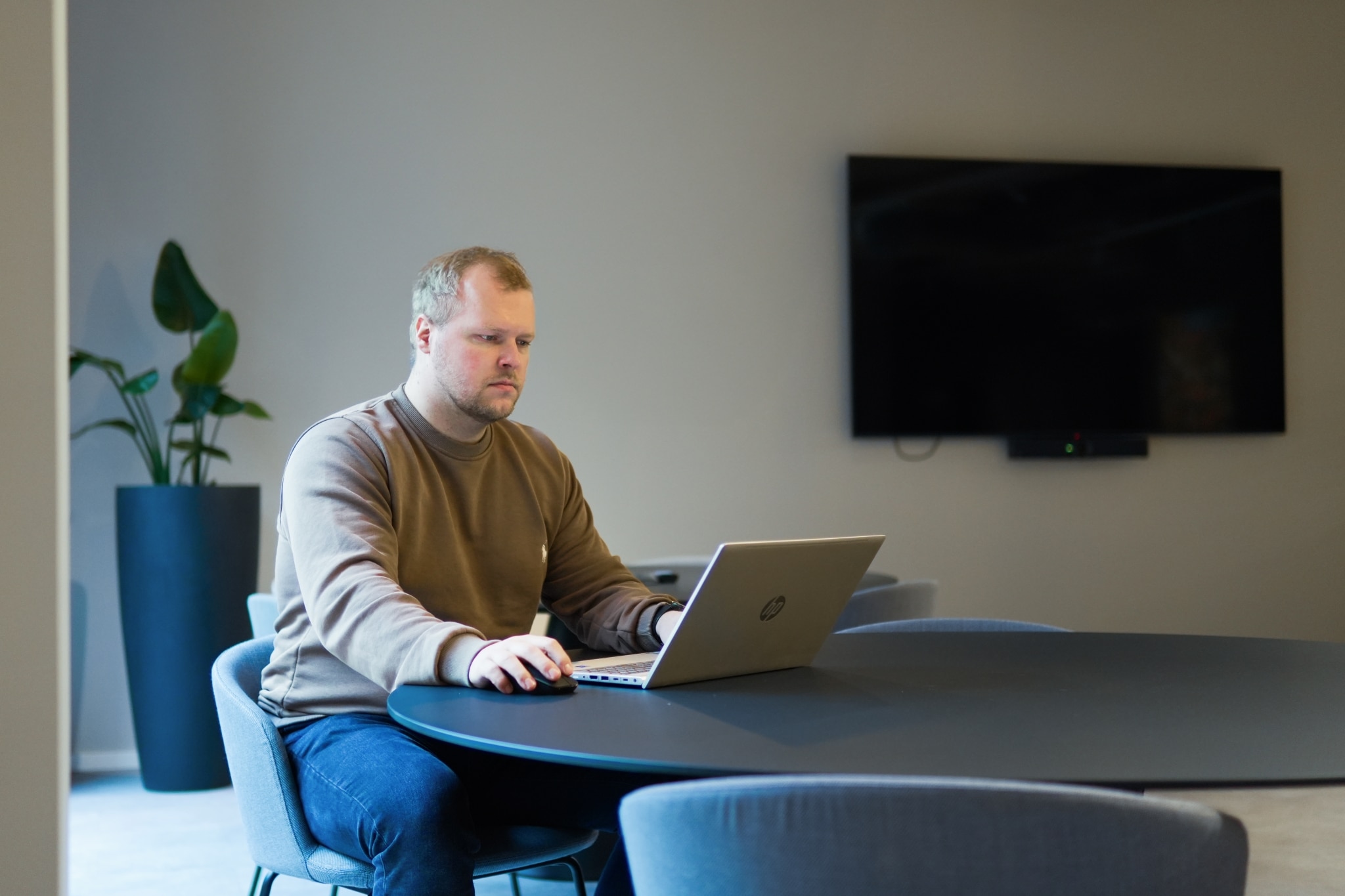Just to be clear
Job satisfaction can mean many different things. And I don’t want to give the impression that I’m writing some sort of idealistic fairy tale. We’ve all heard of those companies where everything runs flawlessly, without hierarchy or structure, where everyone skips into work singing. If you ask those companies about their employee turnover, you might get a different story.
No, I believe even great jobs come with tasks that are simply part of the deal. Not always fun—just necessary. In my view, job satisfaction is mainly rooted in a shared company vision, having influence over your work, and doing work that energises you. Let me explain.
A shared company vision
A shared company vision is one of the most underrated drivers of job satisfaction. And the emphasis, for me, lies more on “shared” than on “vision”. When everyone understands the long-term goal and the objectives for the year, decisions become easier to make—and easier to justify when needed. This applies to both senior leadership and the wider team.
At Payt, this shared vision enables a high level of autonomy. Logical decisions don’t need to pass through several layers of management—because if something makes sense, it should be acted on.
Employees who are aligned with our vision have greater control over how, when, and with whom they do their work. For example, holiday planning is managed within teams. Everyone coordinates time off with their own team members to ensure smooth operations. The last time this went awry was seven years ago—when I found myself covering the service desk over Christmas. A valuable learning experience, but not a reason to hire a manager just for scheduling holidays.
Another example: at Payt, we lunch together in the office. We sit around a long table, boil eggs, and have a spread for everyone. It’s often busy and cheerful—but not everyone enjoys it, and that’s fine. We value giving people the space to be themselves. We truly believe that people perform best when they feel free to be who they are.
Influence over your work
Having influence over what you do and how you do it is a key ingredient in job satisfaction. Our work and personal lives are increasingly intertwined. I sometimes hear people say they separate the two completely. But after COVID, it’s become more common to admit you’re working from home because there’s a delivery or something to take care of. And who hasn’t hung the laundry or emptied the dishwasher between meetings?
When you have the freedom—and the right tools—to manage your work in a way that suits your life, it just feels better. That said, we still have some unwritten rules. For instance, our code should be structured and easy to read. Everyone’s invited to contribute ideas, but we also recognise the need to respect shared standards.
We also encourage variety in roles. One of our implementation consultants also manages our Power BI dashboards, offering valuable insights into our software usage and customer trends. Our security team includes a support rep, two developers, and a director. This variety keeps things fresh—and keeps us on our toes.
Sometimes employees want to switch roles altogether. Two of our team members made the move from support to development—a big leap. We’re happy to support those transitions, even when they don’t work out. The experience itself teaches a lot—about the new role, and about yourself. But when it does work out, and someone finds real joy in their new position, we consider that a great success.
Work that gives you energy
I know many people who come home from work completely drained. That might make sense after physical labour—but office work like ours shouldn’t leave you exhausted. If something’s not flowing right—be it the task, the team, or the role—it can sap your energy. We’ve seen it happen at Payt too. Fantastic people, but not quite in the right fit. We address it openly.
In fact, discovering what doesn’t suit you can be just as valuable as finding what does. When energy starts flowing again, job satisfaction tends to return as well.
That energy makes the difference between dragging yourself through the day and having something left in the tank for your evening. Of course, there will always be difficult tasks—and sleepless nights happen. But I’ve found that listening to your energy can tell you a lot. It takes no more than ten minutes a day. I sometimes do it in the car on the way home—just talking aloud, reflecting on what drained me.
We’re all different. But I truly believe that accepting what is, often brings more peace—and energy—than always trying to fix, prove, or fight.
Thanks for reading. Curious to know how we work at Payt? Follow along in the next blog.







